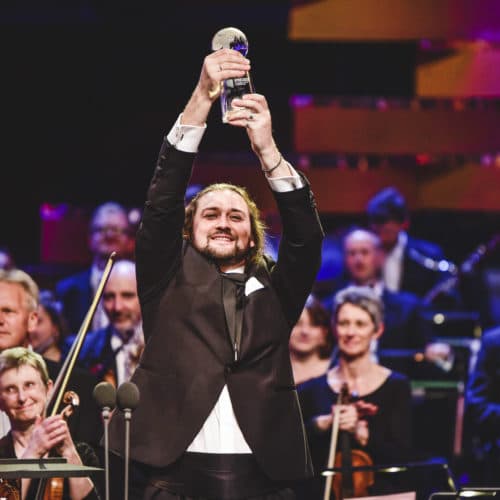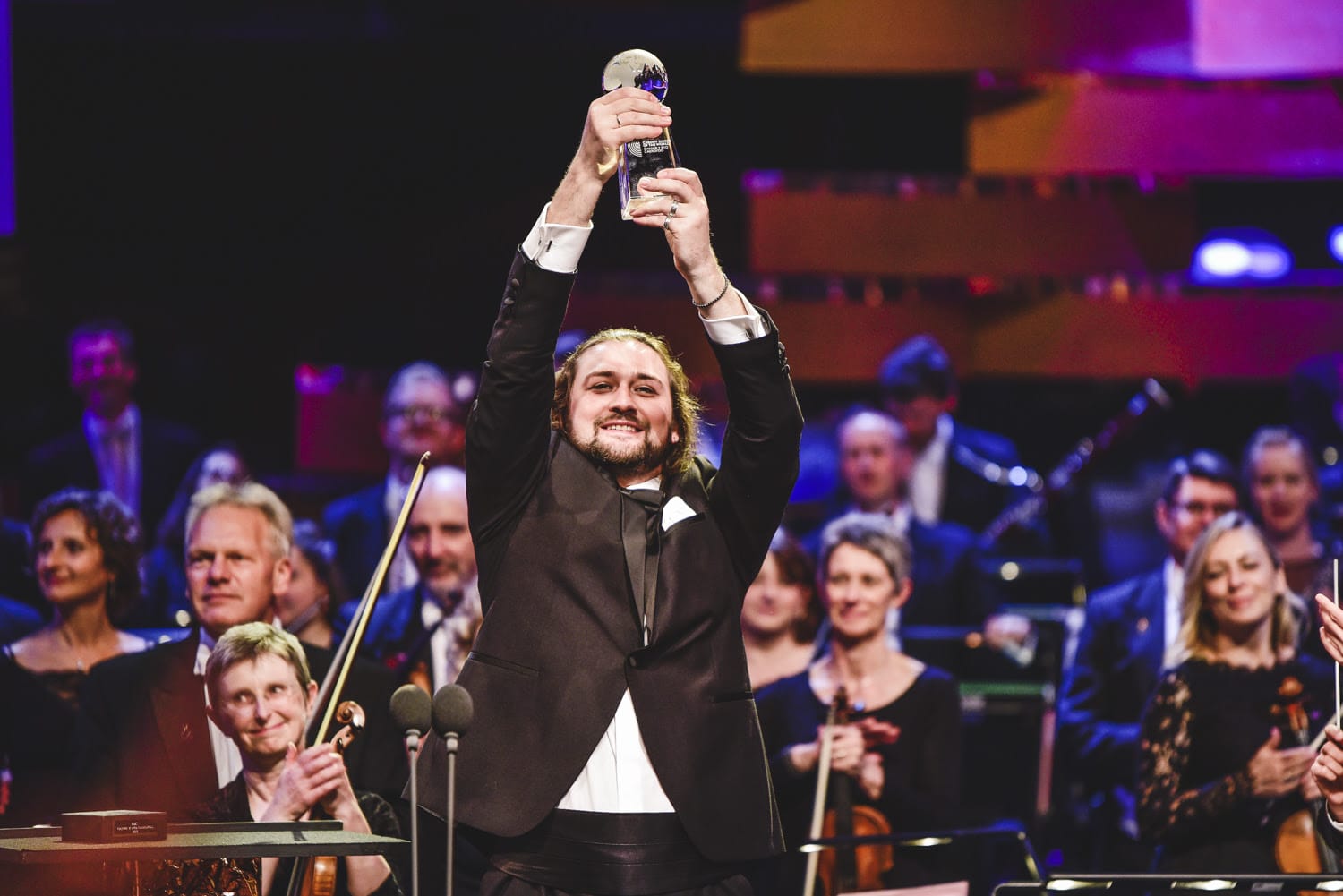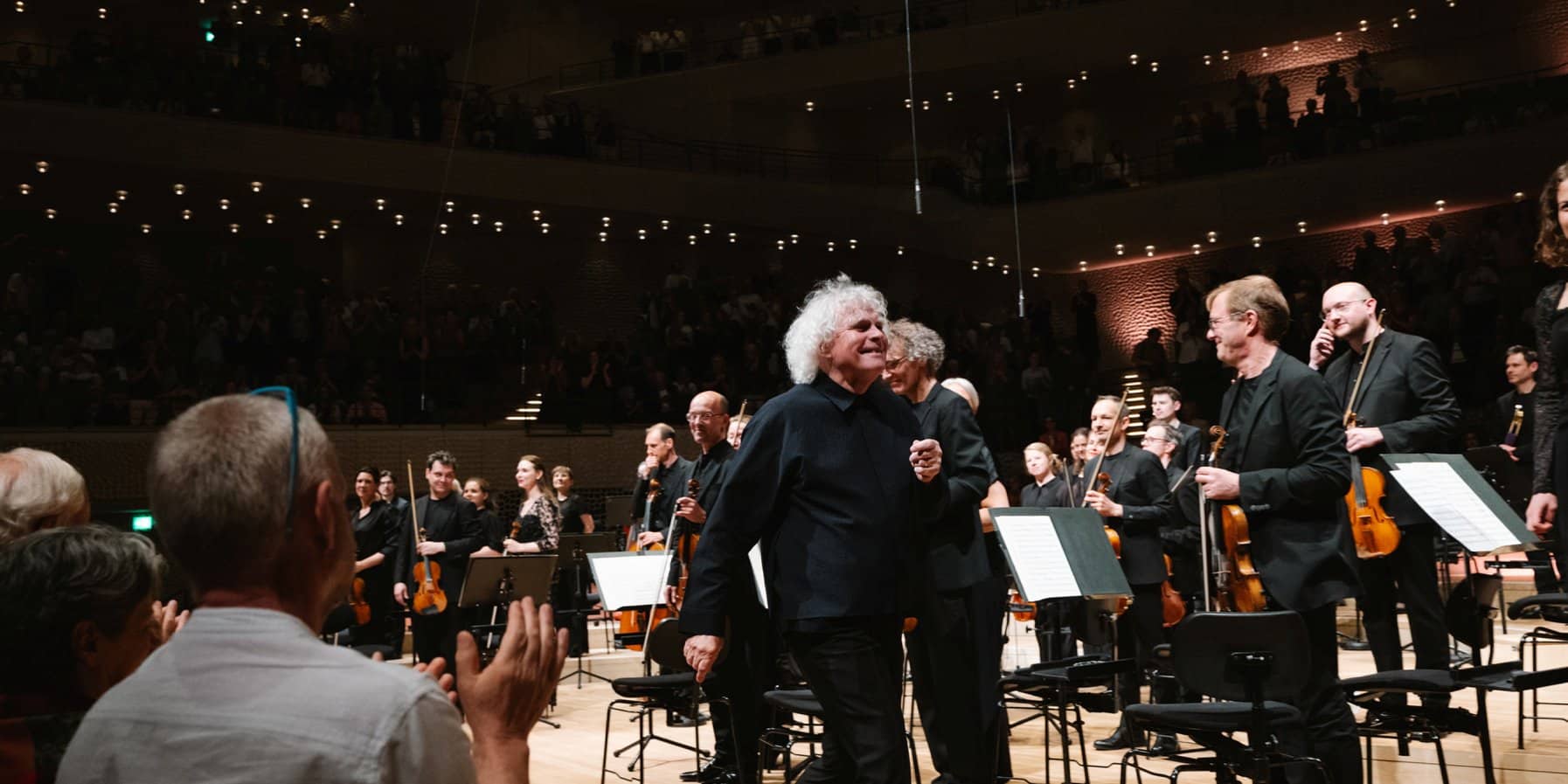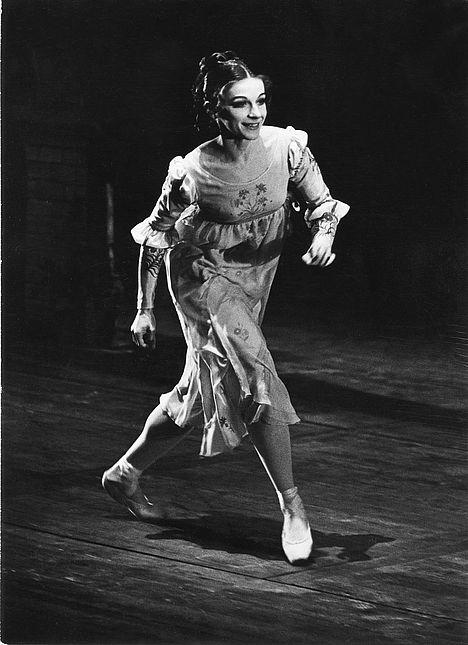Just in: Ukrainian wins BBC Cardiff Singer of the World
mainThe low-profile contest was won tonight by the Ukrainian baritone Andrei Kymach, 31.
The prize is worth £20,000 and a peck on the cheek from Dame Kiri te Kanawa.

A graduate of the Bolshoi’s young artist programme in Moscow, Kymach debuted last year at the Liceu in Barcelona in I puritani. In January and February this year, he sang Don Giovanni in Nice and Antibes.
UK mezzo Katie Bray won the audience prize.






I didn’t envy the judges as the standard of all the competitors was so high. No doubt they have all got excellent careers ahead of them.
And the ones they already have. They’re hardly students! Phenomenal voices and well taught to start with and all from far flung parts of the world in the final.
He is good, but not as good as the young Chinese tenor who won the song prize but I guess they didn’t want a repeat double victory like Catriona Morrison 2 years ago.
I agree, Hugh. The Chinese guy was brilliant and I also agree he should have won.
Absolutely agree that Kymach was not the right choice for the winner. His voice did not have the same range, colour or variety of expression as Lei’s. Mingjie Lei’s voice, light though it was, carried much more effectively up to the second balcony where I was sitting.
The judges knew exactly what they were looking for and doing when they chose him. Your verdict and opinion and mine doesn’t matter. I take it you were in the audience and not just watching it in your armchair on the telly. Makes a big difference.
Very sad that the Chinese tenor was not given the main prize as well. His final programme was infinitely more interesting and ravishingly sung!
The Russian winner looks as if he has stepped in from a horror movie but possibly the long hair and top knot are needed for all the grand dads he’ll doubtless be playing!
He was from Ukraine not Russia.
From a Ukrainian horror movie. Not a Russian movie.
I sincerely hope that the current penury at the BBC doesn’t lead to the corporation abandoning this contest. The signs are ominous when certain rounds were only shown on BBC Wales and available later on catch up. Didn’t it used to merit full BBC4 coverage with a final on BBC2 a few years ago?
It is an extremely prestigious event which brings great kudos to the BBC and pleasure to the viewers. Above all it is a tremendous show case for these young singers.
The standard was so very high this year. Andrei Kymach is a very special singer and I am sure it really pleased the jury to be able to award the main prize to a baritone as they commemorated Dimitri Hovorostovsky.
Lovely to see England’s Katie Bray pick up the audience prize and clearly to her great surprise as despite a wonderful performance she hadn’t won her round.
All the competitors showed talent and ability. I will long remember Mingjie Lei singing the Goldmark aria and his winning song prize final, Sueyoon Lee in the Mad scene from Lucia, Patrick Guetti in the scene from Britten’s A Midsummer Night’s Dream and Guadelupe Barrientos in the prayer from Cilea’s L’Arlesianna.
A very special event.
I think ‘penury’ is hardly something the BBC suffers from, well not the suits and what passes for talent nowadays. They are chasing audience and those like us are not the audience they either want or need. Aside from the seasonal Xmas relay from ROH we are denied any access to any classical output on either BBC2 or BBC4 and whilst I know that Radio3 is still with us I suspect it only here because it helps maintain the fiction of the Reithian legacy. Money is not the problem it is more the cultural deracination of the BBC and so much else in this country that is the issue. And one that will only get worse as we pander to the popular and deride anything different.
I do agree with your comments. The BBC is becoming an embarrassment.
I feel the south korean have won, a ravishing tone and highly expressive in the italian repetoire which suits her voice so well.
The south Korean is a good example of what is wrong with modern vocal instruction. Although her coloratura was reasonably agile and accurate, her tiny, squeezed, constricted tone was simply unpleasant and an unacceptable sound in opera where you need to be loud and clear. I wouldn’t be surprised if the microphones placed before the contestants were used for more than tv transmission. But good luck to them all in their future careers.
I have attended pretty well every BBC Cardiff Singer Competition since its inception in 1983 and inevitably in the ensuing years there have been a great many changes, some good, some less so. But first, congratulations to the admirable Director, David Jackson for making the whole event such a ‘Musikfest’, with fringe events galore adding to our enjoyment. Thanks too, to the experienced triumvirate of auditioners who, year on year, raise the bar to ensure we the audience hear some of the most exciting emerging talent around.
As ever, the Competition divides audience opinion, provocatively and wonderfully. Singing and the human singing voice is so subjective. No two opinions are the same and the audience rarely agrees with the judges. Terrific stuff, and the buzz in the bar afterwards is like no other. If we wish, we can even forget the competitive element altogether and simply enjoy a week long run of great concerts and superlative singing. Or can we?
Sadly, for those in the hall the event has now become so dominated by the trappings of BBC coverage that it feels as though we, the live audience, are of secondary importance, sidelined as it were. In effect, St. David’s Hall is turned into a giant television studio for the duration and we become mere camera fodder, something to add a touch of background ambience to the transmission. They repeatedly tell us how important a contribution we make, but it certainly does not feel that way. In the hall itself it is difficult to discern which bits of onstage chat to camera are addressed to us, and which to the television viewer. Also, the live interviews with the judges or special guest celebrities prove pretty well inaudible to the majority in the hall. Do WE even matter I wonder? I found myself merely ‘switching off’ during all this until the next singer walked on stage.
Then there is the big screen, with its blaring introductory music (musak!) and over-loud snippets and interviews with the singers. Or the puerile and gossipy “How was it for you?” from an over-excitable presenter as the singer comes off stage. Why the necessity for a backstage camera showing a singer’s ‘private time’ as he/she summons the nerve to walk out on stage, or else having his/her brow mopped as they return between songs? Surely it is intrusive. Presentation style of this event now seems to have gone the way of so many other populist programmes (The X Factor, Strictly Come dancing, Britain’s Got Talent etc.). But ho-hum, this is the way it is, whether for sporting events or anything else these days. As to the award ceremony at the end of the evening? Sadly it was thoroughly botched this time, with neither contestants nor judges seeming to know what to do next. In short, a shambles.
Perhaps at 71 years of age I am simply too much of a dinosaur to take on board such changes. Perhaps. But despite misgivings I shall no doubt return in two years time, if only to be given the chance of hearing some of the greatest talent in the world once again . . . And finally a plea that massed the singing of ‘Mae Hen Wlad Fy Nhadau’ at the close is included in TV coverage. It is after all a world famous highlight of Welsh rugby coverage, so why not here?
I haven’t been in the hall but I can imagine just how irritating your problems with the coverage must be they are also infuriating on the tv. Why can’t it just be presented as a concert yes perhaps with a voice over giving us some info that you would read in a programme . The painful interviews with the judges were particularly cringe making.
Well not my choice but what do I know?
Was the final last night not televised on BBC? Very odd give n that they had televised the other rounds.
Yes it was just half an hour later on BBC4 – not exactly live but a ‘deferred relay’.
Good luck to them all as they will have. a great future in front of them personally I would have like the Argentinian to win marvellous sound and color in the voice but its a. very difficult choice
I wouldn’t say it is low profile
I don’t know who should have won the main prize but, as I live in London, I’m looking forward to Andrei Kymach’s first London stage appearance after his success in the competition in the Chelsea Opera Group’s performance of The Demon by Anton Rubinstein next Sunday 30 June at the Queen Elizabeth Hall.
Apart from the Korean woman , I thought the standard was appalling. The winner would be best employed as the foghorn on the Mumbles lighthouse . I thought also that this was meant to be for young singers ? The Argentinian woman sang reasonably accurately but looked old enough to be a grandmother ( and the Korean lady was no spring chicken either ) . And, just when one thought it could get no worse, there was the American wild card ( or something). This is a competition which has long outlived its usefulness and should quietly be put out of its misery
The competition is for singers aged 32 and under so they all have some experience, that’s the point!
Statler and Waldorf are out in force again!
Low profile? Where have you been for the last 30+ years?
I was in the audience and as someone who works in the industry it’s always fantastic to hear such quality young voices and the talent on offer. Of course it’s always subjective in terms of who one prefers – personally I felt the Chinese tenor had the edge over the others in terms of artistry and communication on the night (I’ve rarely heard the difficult Mozart sung with such vocal ease as well as feeling – but the Rossini didn’t really suit and probably let him down), but the wonderful Ukrainian baritone is a voice in a million and surely has a very promising future ahead if he can now fulfil his potential and weather the pressures of an international career.